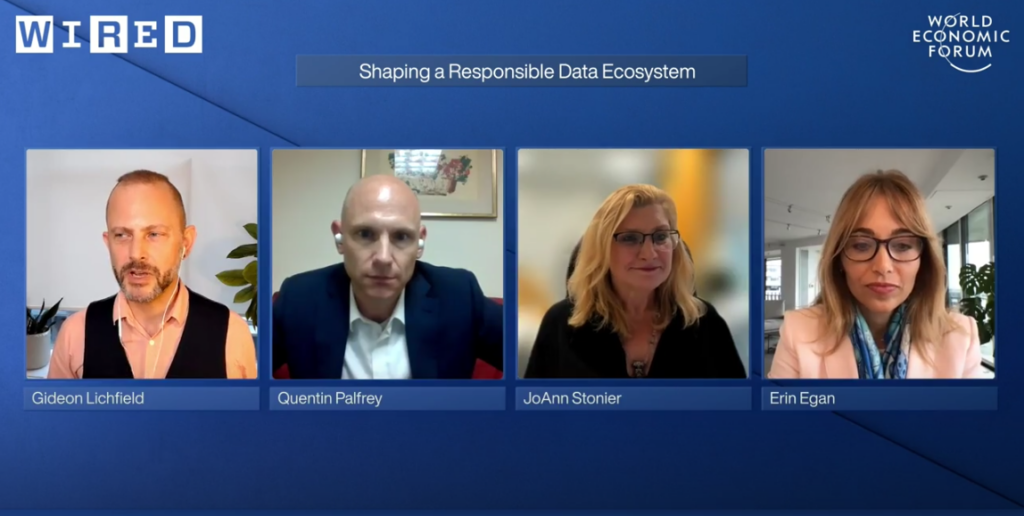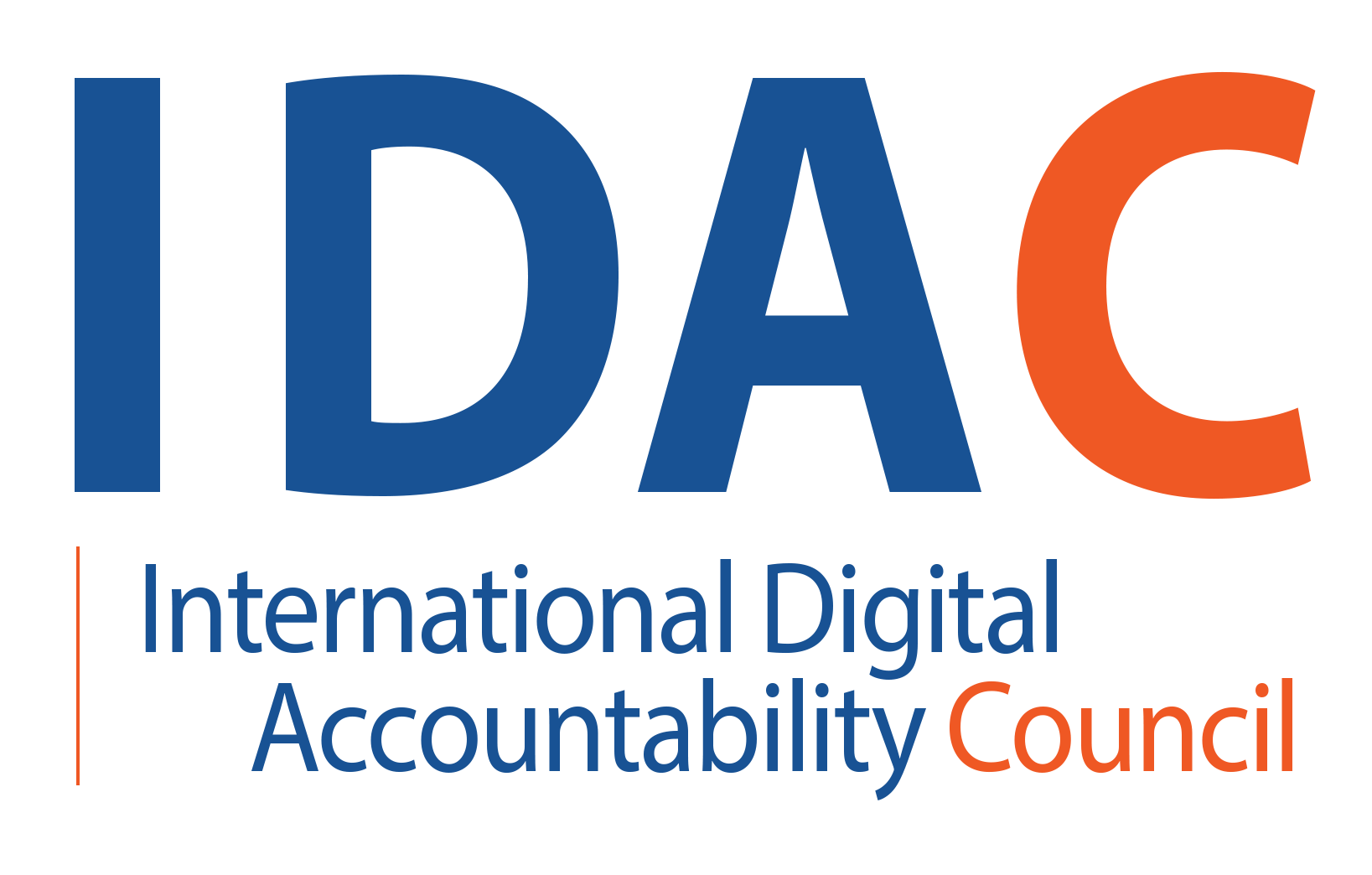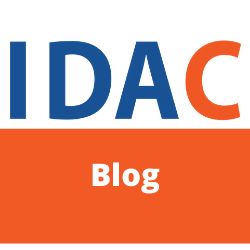IDAC President Quentin Palfrey recently participated in the World Economic Forum Sustainable Development Impact Summit last week, highlighting IDAC’s increasing role in “Shaping a Responsible Data Sharing Ecosystem.”
“If you think about the way that digital technologies have changed our lives after the last 20 or so years, it’s really staggering,” said Palfrey. “Every aspect of our lives have been touched by digital technologies, by data sharing, and we have barely scratched the surface of this digital transformation.”
With digital technology playing such an important role in our lives, one of the fundamental priorities is to ensure there is user trust in the system. And, as Palfrey notes, there are three fundamental changes that must be made to create a better system that enables users to take on some of the collaborative opportunities that can come from an enhanced digital ecosystem.
First, there should be clear rules.
“You want to develop some rules that people can understand, both from a user perspective and from the perspective of an app developer or a platform,” Palfrey said.
Second, there should be a process for training developers.
“You need a process for training the people who are expected to follow those rules, and what is expected of them,” Palfrey added.
Third, there must be accountability.
“There needs to be a system for putting in place watchdogs or other kinds of enforcement so that we can feel comfortable that people are following the rules and when they don’t follow the rules there is a course correction that comes into play,” Palfrey concluded.
Palfrey also noted that these public policy challenges must be addressed in a timely manner, but in many cases, it is hard to keep up with the same speed as the constantly changing internet.
For example, in the United States, “if you think about the way that rulemaking usually happens in the U.S., it usually takes about seven years for a notice and comment rulemaking to happen from beginning to end,” according to Palfrey. “So if you think about the challenges of the Internet in 2014, they are very different to the challenges in 2021, so we can’t solve those problems now and expect it to work well. So you need a much more dynamic process.”
This collaborative process should be multifaceted and ensure federal and state entities, academics, business, civil rights and civil societies at the table.
“We need to think differently about how we govern the Internet with the goal of enhancing trust to facilitate further transformation.”

Please watch and share the full discussion here.

